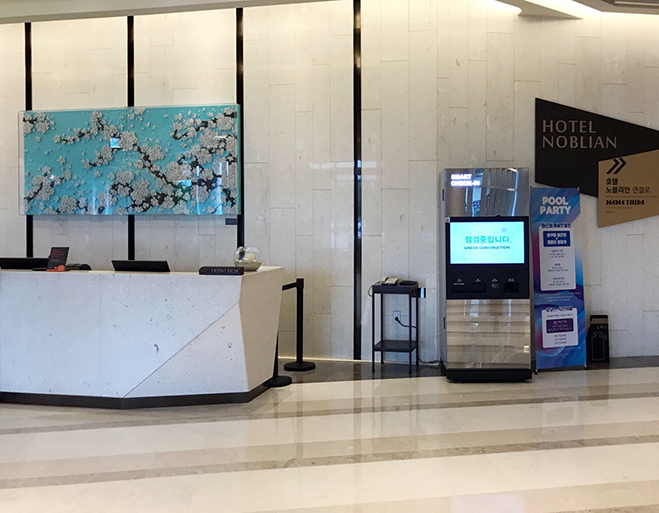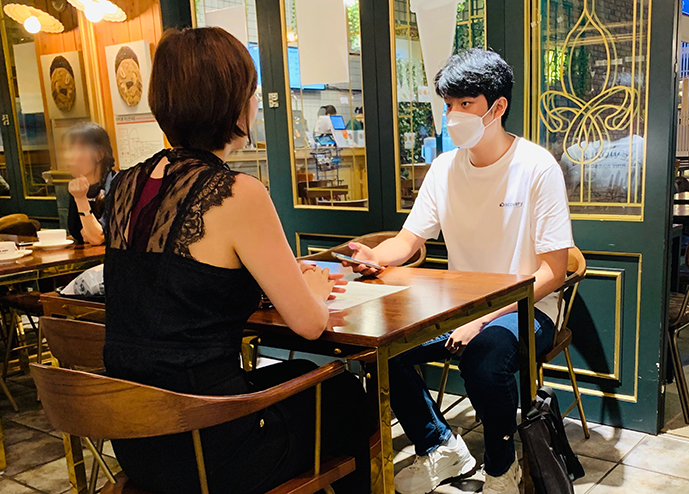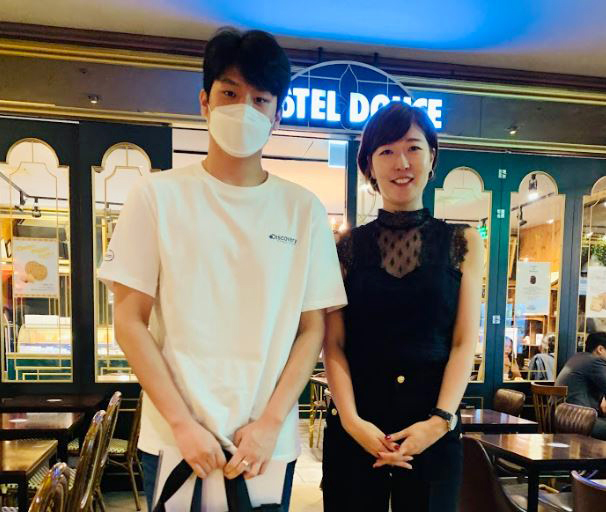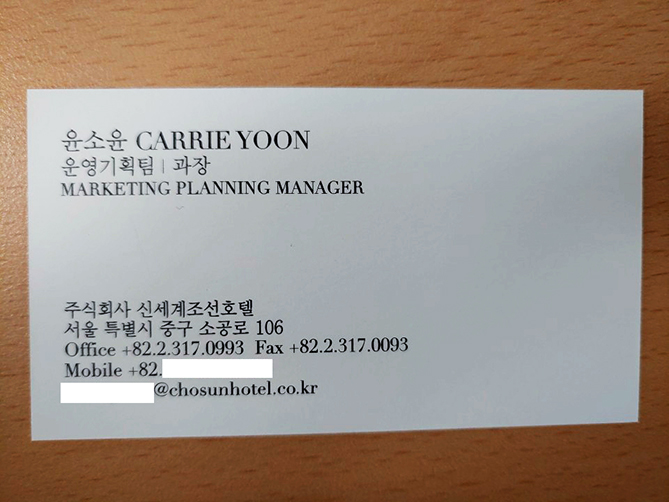At this time of the year, many people travel around the world to enjoy the beauties of summer. It is the time when we get together with friends and families to spend a night at the beach or visit far flung exotic destinations. Whether the destination is in Southeast Asia or Europe, hotels are an indispensable facet of travelling as they provide not just a place to stay but unforgettable memories for tourists. Hotel businesses are well aware of this and are always busy attracting tourists with unique experiences, especially during the summertime, the peak season for tourism.

However, the hospitality and tourism industry won’t be busy this year. Since the outbreak of COVID-19 earlier this year, the hospitality and tourism industries have been practically decimated as governments around the world are warning their citizens to avoid travelling. A large segment of the hospitality industry is only able to maintain its businesses with the profit made from tourism. Hence, many hotels around the world are working to devise safety measures and strategies to lure in tourists from around the world despite COVID-19. Ultimately, can such measures ensure safety for the tourists and the local communities? To examine one such strategy closely, I interviewed the marketing manager at Chosun Hotel located in Seoul, Korea.

According to Carrie Yoon, the marketing manager at Chosun Hotel, there has been a decrease, if not a total wipeout of foreign tourists since the outbreak of COVID-19. She stresses that the hospitality industry makes revenue from selling rooms or services to tourists and thus the decline in the tourist population is extremely detrimental to the industry. In an effort to mediate the damage, Yoon claims that the hospitality industry today is targeting the local community instead of tourists around the world: “As travelling overseas is almost impossible today, we (hospitality industry) are targeting the local community to spend their travelling budgets on enjoying luxury hotels or breakaways domestically”.
Moreover, Yoon claims that hotels are establishing strict quarantine measures to ensure the safety of its customers. Along with the quarantine policies enforced by the government, hotels are measuring the temperature of each and every guest, and are staying keen to react whenever guests may feel sick or unsafe. Yoon believes that within current circumstances, it is of most importance to establish a safe environment for guests and staff members. She highlights that guaranteeing guests of their safety comes before advertising about luxury hotel rooms or services. Finally, Yoon suggests that the COVID-19 pandemic might be just the start of many obstacles to come. “No one knows what will come next”, states Yoon, “It is our job as marketers in the hospitality industry to react to the many surprises that the world has to unfold”.


It is unfortunate that tourism is at a halt; we are unable to enjoy and appreciate the hidden beauties around the world. With no definitive cure for the virus, the golden days of summer vacations are not in store for us in the near future. The problem is that, while tourists can wait for the next summer to visit the destinations of their dreams, the tourism industry cannot wait much longer. As Yoon mentioned, maintaining hotels and tourist sites COVID-free is an arduous task and it may not be sufficient to bring in the influx of people from around the world. I hope many hotel businesses can somehow survive through the pandemic with creative strategies. In the end, we all hope that the pandemic can be brought under control in the near future. The life of the hospitality industry and those of all other industries associated with it depend on it.

Junsang Danny Cho
Junior (Grade 11)
Smithtown Christian School

